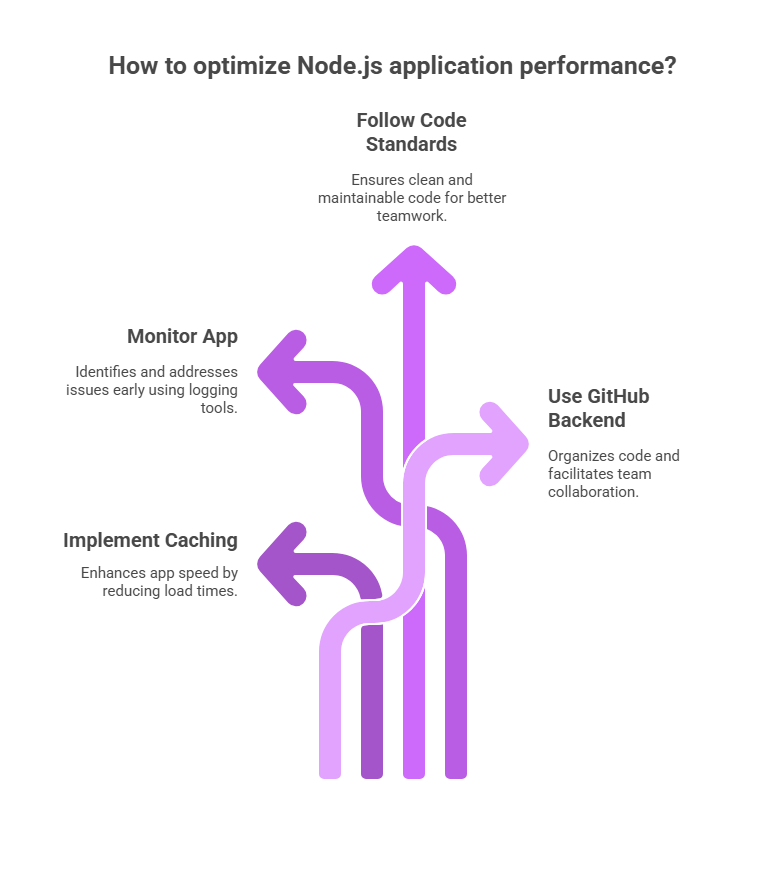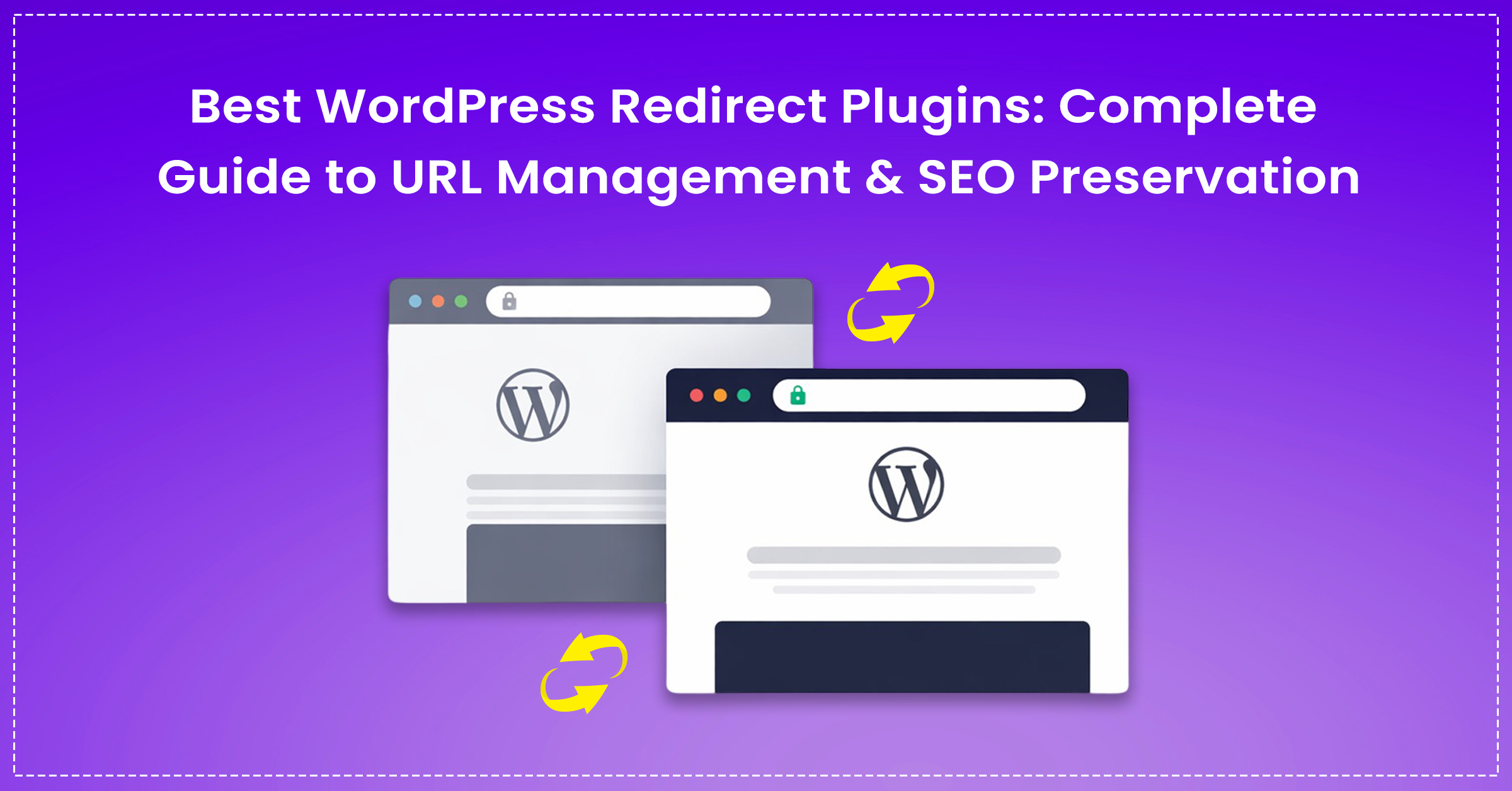Introduction
Building web apps is straightforward with Node.js backend development. This tool helps JavaScript developers operate on the server side using Node.js. A lot of web development companies utilise Node.js since it’s quick and easy.
Node.js can manage a lot of users at once without slowing down. This is great for apps that need to be able to grow with Node.js. Netflix and Uber are two big organisations that use Node.js as the backbone for their websites.
Importance of Node.js in Backend Development
There are good reasons why Node.js programming is so popular:
- Everything is done in JavaScript
- Easily handles a lot of users
- Quick method for development
- Great for making websites for a company
Node.js engineers may work on both the front end and the back end of websites. This helps web development companies save time and money.
You Might Also Find This Useful: 10 Things to Consider While Developing a Website
Node.js Backend Development Best Practices
Make sure your code is clean and simple.
Make your code into little pieces. This makes it easy to fix and update websites made using Node.js.
Use asynchronous programming
To avoid difficulties, always use async/await. This helps backend developers who work with Node.js build better code.
Take care of mistakes well
Make sure that all mistakes are found and fixed correctly. Your Node.js backend will run smoothly if you handle errors well.
Keep Things Safe
Check all user inputs and use HTTPS. For backend development, security is really important.
Recommended Read: Top 15 Website Designing Best Practices
Choosing the Right Node.js Framework
Express.js
Express.js is the most popular framework for building Node.js backends. It’s easy to use and includes a lot of useful tools.
NestJS
NestJS is useful for apps that are used by a lot of people. It’s great for making websites for business ventures.
Koa.js
Koa.js is lighter than Express. It works better with the current code and handles errors better.
Fastify
Fastify is quite quick. It’s useful for apps that need to run quickly.
Performance Optimisation Tips
Use caching
To speed up your app, add Redis or a comparable tool. Caching makes it faster to load Node.js websites.
Keep an eye on your app
From the beginning, use logging tools. This helps you keep an eye on problems in your Node.js backend.
Follow Code Standards
Use ESLint and Prettier to make sure your code is clean. Good Node.js coding best practices make it easier for teams to work together.
Make a backend for Node.js GitHub
Store your code in repositories to keep things neat. For improved backend development, share templates with your team.
Common Mistakes to Avoid
Don’t Stop the Main Thread
Keep difficult work separate. This keeps your Node.js apps growing and operating quickly.
Keep an eye on memory use
Make sure to check for memory leaks often. Your Node.js backend can crash if you utilise too much RAM.
Handle connections to the database
Always make sure to end database connections the right way. Bad management can ruin your app.
Last Thoughts
Node.js backend development is strong and adaptable. It helps develop web programs that are fast and trustworthy. Follow these easy steps to make your projects better.
You need to practice to get good at Node.js development. Begin with baby steps and learn as you go. You can make great things with the correct Node.js backend best practices.
Keep in mind that code that is easy to read is superior. Keep studying and getting better at backend development.
If you’re looking to develop custom software solutions that drive growth and efficiency, explore our comprehensive custom software development services. For reliable, scalable results tailored to your needs, connect with our expert team today.
FAQs
Node.js is mostly used for backend development. It makes web services, APIs, and servers.
People use Node.js to build APIs, web servers, and apps that work in real time. It’s great for building backends in the modern world.
Pick what you need. For most projects, use Express.js. Use NestJS for apps for major businesses.
Yes, but important for long-term SEO success. It ensures your site remains functional and optimized for search engines.
















